Here’s Where These Famous Companies Got Their Famous Names
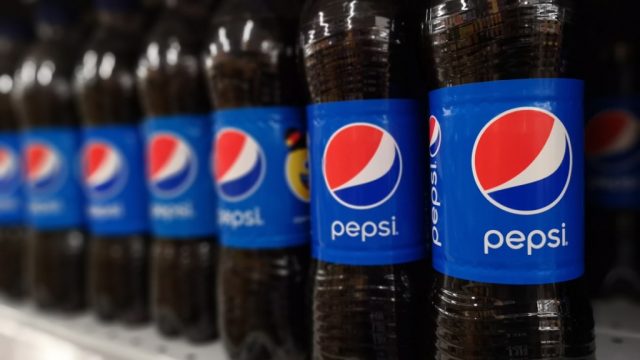
Would a rose by any other name smell as sweet? Frankly, no one knows. But would Google have become the online search giant it is today if it was still named BackRub? If we had to guess: Probably not.
Naming a company is both an art and a science—or a happy accident. In fact, something as small as an aural misunderstanding can often be the difference between a household name (Spotify) and something you’ve never heard of before (Deezer). If you’re curious how some of your favorite brands got their world-famous names, read on, because here we’ve rounded up the origin stories behind the names of some of the world’s most instantly recognizable companies.
1
Apple
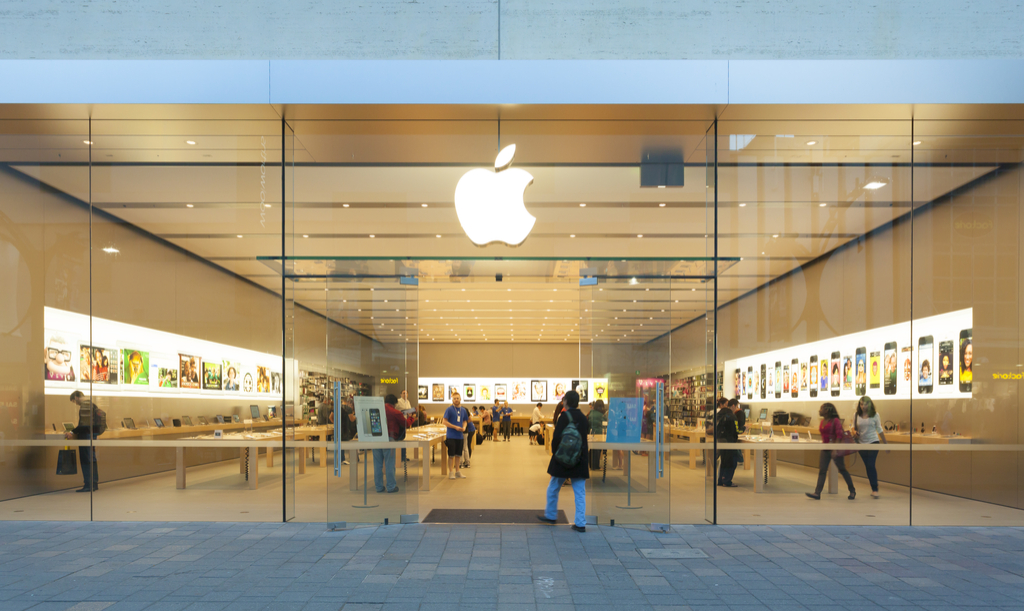
In his biography on Steve Jobs, Steve Jobs, Walter Isaacson revealed that, after returning from a months-long stint working at an apple orchard, the enigmatic co-founder suggested the name Apple Computer sounded “fun, spirited, and not intimidating.” Failing to come up with any better, more technical-sounding names, co-founder Steve Wozniak ultimately agreed with Jobs that the name was “a good fit.” According to Jobs—an employee of Atari at the time—it also didn’t hurt that it “got us ahead of Atari in the phonebook.”
2
Amazon
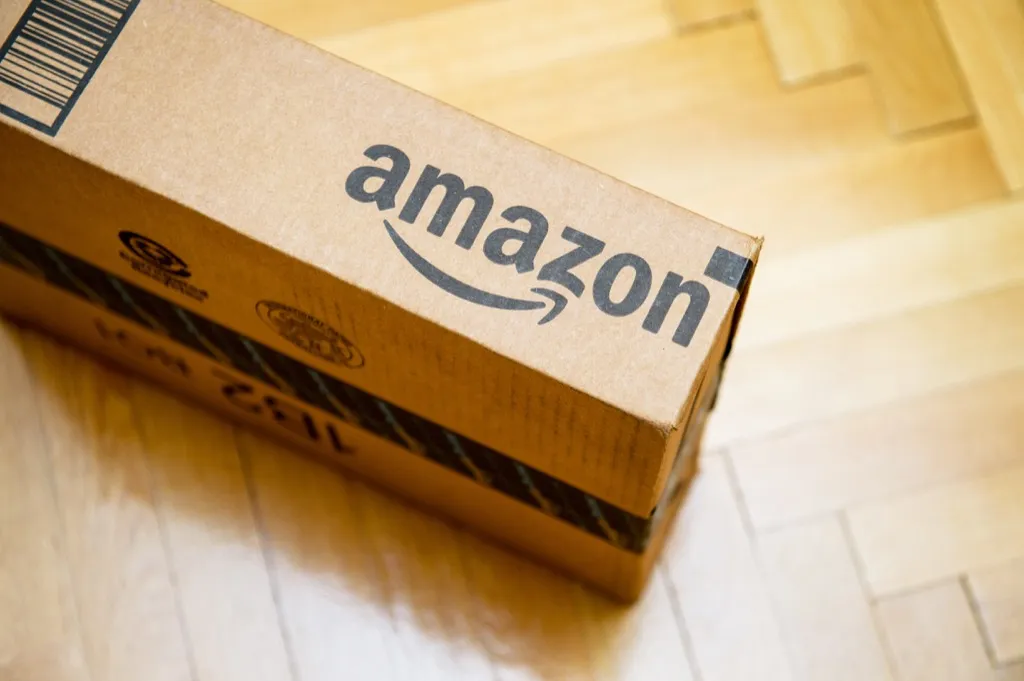
Originally named Cadabra—after the magician phrase, “abracadabra”—founder Jeff Bezos knew he needed a new name after a lawyer misheard him over the phone and thought he was saying “cadaver.” Deciding the name would have to begin with an “A” in order to get prime positioning in the phone book, Bezos settled on the name of a South American river. Not only was it “exotic and different,” like his own venture, but it was “the biggest in the world,” just like the aspirations he had for his then-tiny company.
3
Nike
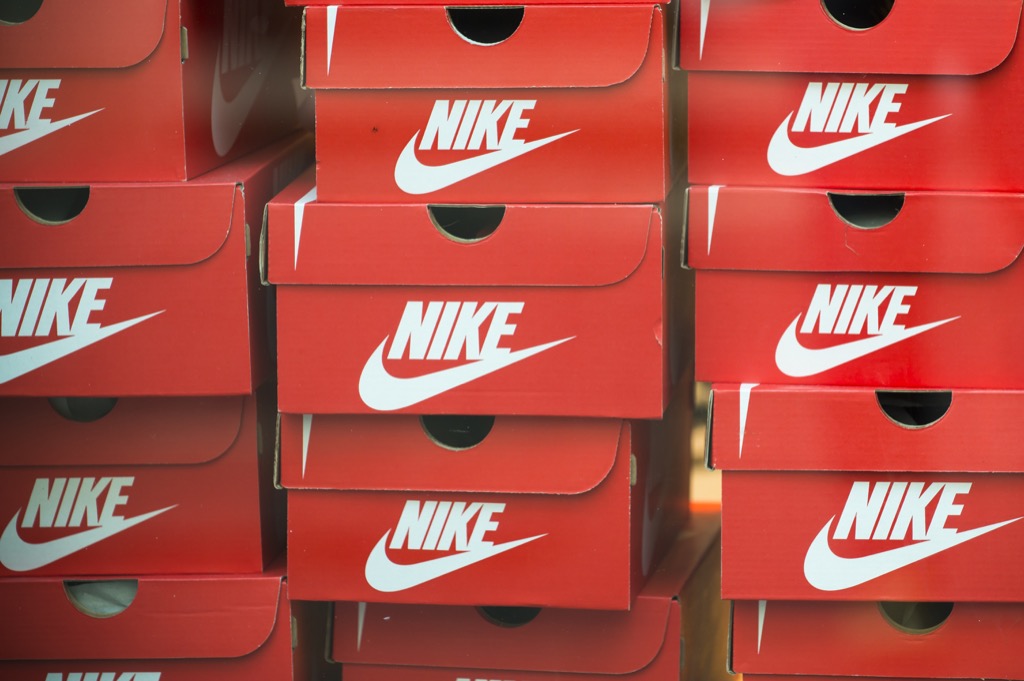
Originally named Blue Ribbon Sports, the apparel brand apparently went through more than a few iterations before settling on Nike, including “Peregrine,” “Bengal,” and “Dimension Six.” But after one employee, Jeff Johnson, read an article in an inflight magazine about the secret behind great brand names such as Kleenex and Xerox, he decided the name should be less than two syllables and contain “at least one exotic letter or sound.” The next day, he awoke with the idea for “Nike,” naming the brand after the Greek goddess of victory. Though founder Phil Knight was less than enthused, he relented for the time being, saying “I guess we’ll go with the Nike thing for a while.”
4
Google
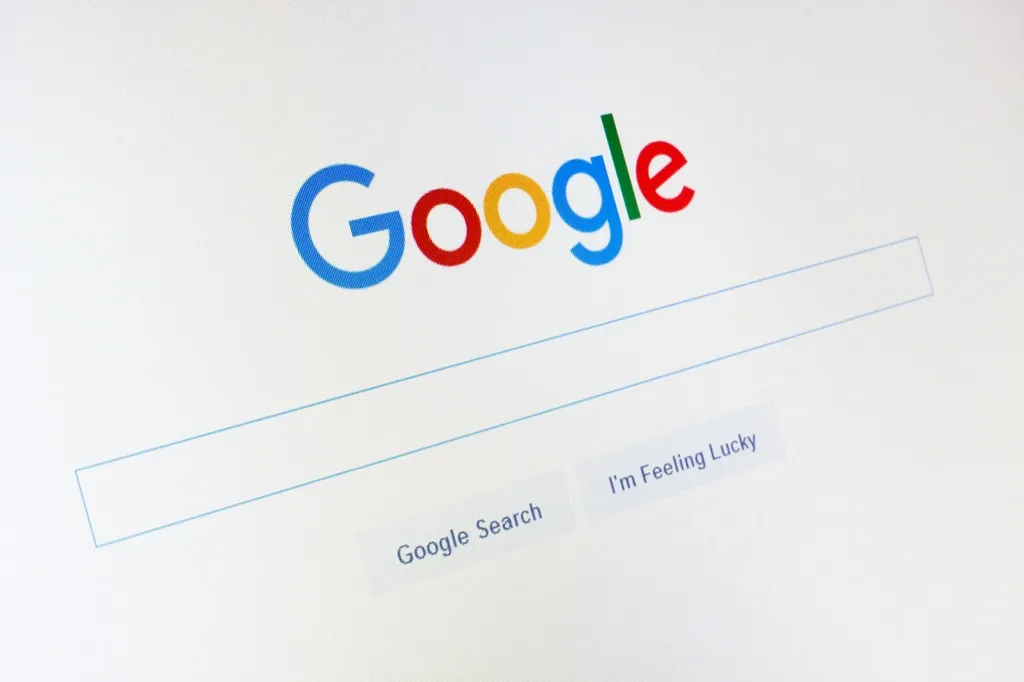
Originally called BackRub, the search giant got its name through a fortunate misspelling. While brainstorming names which would evoke the “immense amount of data” their site would be indexing, a fellow graduate student at Stanford, Sean Anderson, suggested “googolplex.” In response, founder Larry Page recommended the shortened “googol,” a mathematical term for ten to the one-hundredth power. However, in searching for the availability of the domain name, Anderson accidentally typed “google.com.” After finding it was the available, Page, along with Sergey Brin, registered the domain name in September 1997.
5
Pepsi
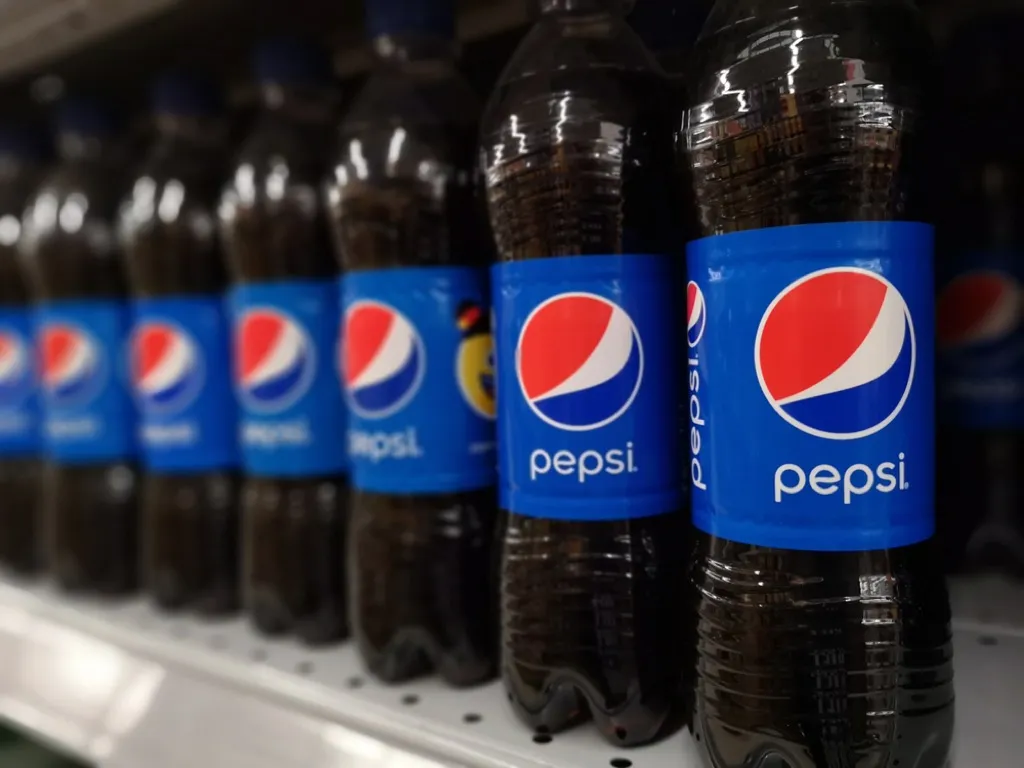
The drink now known as Pepsi-Cola was first created by drug store owner Caleb Bradham in 1893. Made from sugar, water, caramel, nutmeg, and other natural ingredients and additives, the drink, then known as “Brad’s Drink,” caught on like wildfire. After finding great success, Bradham sought to rebrand the drink in 1898 to appeal to a wider audience, settling on “Pepsi-Cola.” The name, which has its roots in the word dyspepsia—meaning indigestion—was intended to signal to consumers that the drink was more than just a refreshment, but in fact a “healthy” substance that could be used to aid digestion.
6
Starbucks
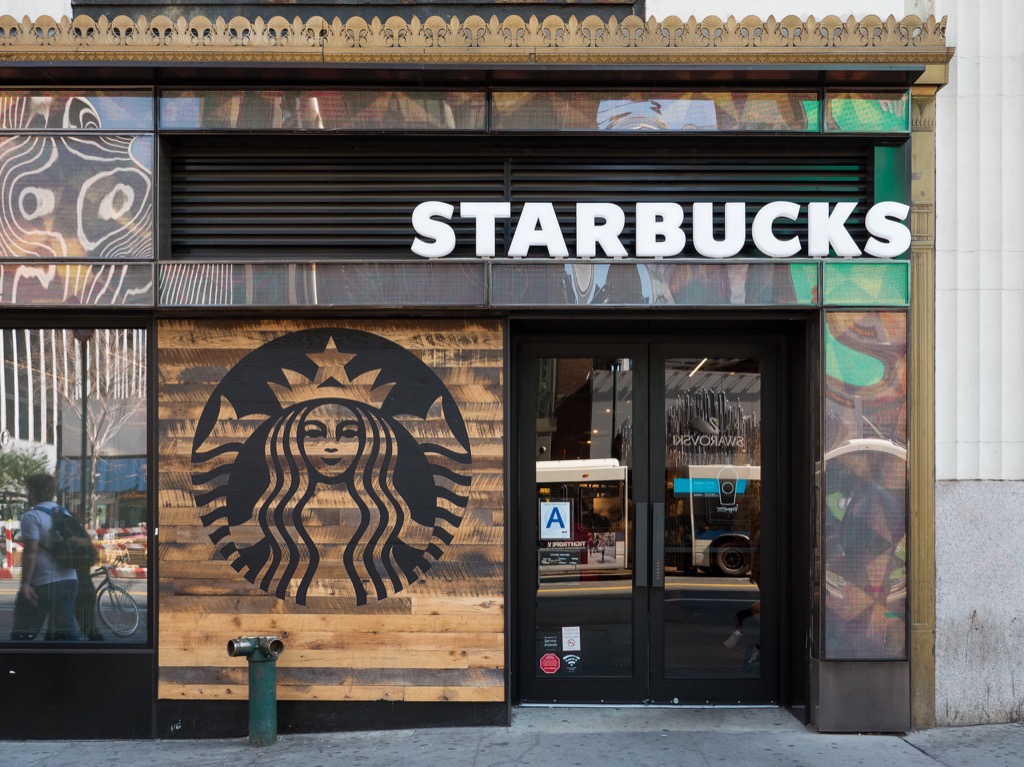
In a 2008 interview with The Seattle Times, Starbucks co-founder Gordon Bowker revealed that, contrary to popular opinion, the name actually has little to do with the identically-named first mate in Melville’s Moby Dick. Instead, a friend, Terry Heckler, suggested offhandedly that words beginning with “st” were typically “powerful,” thus sending the two on a hunt for good names beginning with “st.” After perusing an old mining map during their search and coming upon the town of “Starbo,” Bowker said he “of course jumped to Melville’s first mate in Moby Dick.” Still, he said, the character itself “didn’t have anything to do with Starbucks directly.”
7
Spotify
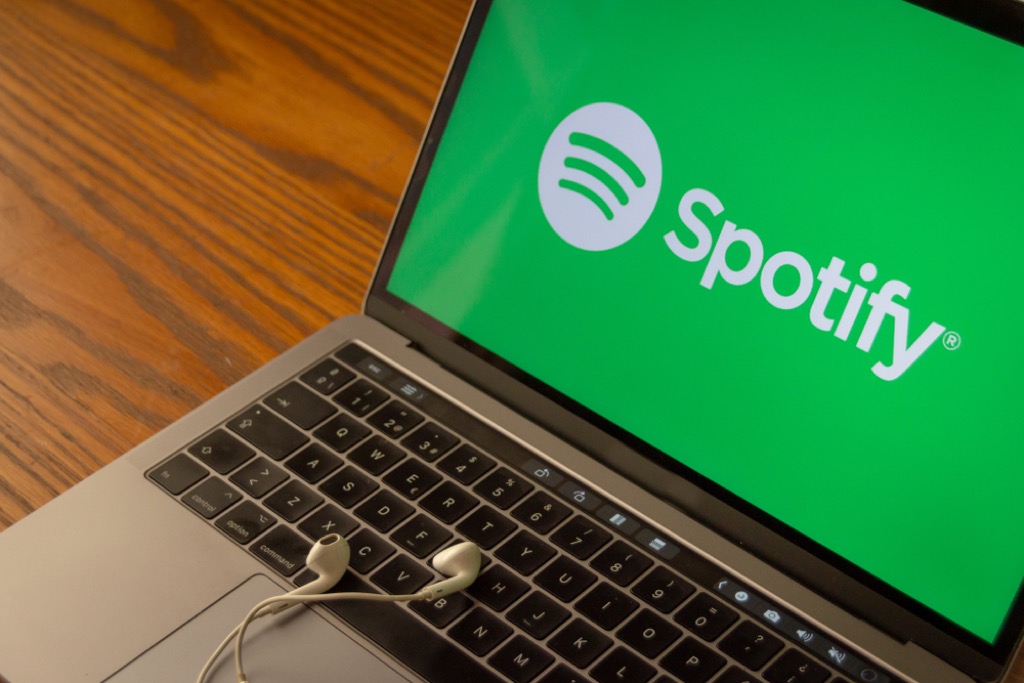
Personally responding to a question on Quora, Spotify co-founder Daniel Ek revealed that the music streaming platform got its name from a bit of miscommunication. Brainstorming names for the company with fellow founder Martin Lorentzon, Ek misheard one of Lorentzon’s ideas—shouted from a separate room in their flat in Stockholm—as Spotify.
Finding no hits for the name on Google, the pair registered the domain “a few minutes later.” After achieving notoriety, Ek said, the two were “a bit embarrassed” to admit the name’s accidental origins, and instead opted to tell anyone who asked that it was a combination of “spot” and “identify.”
8
Kleenex
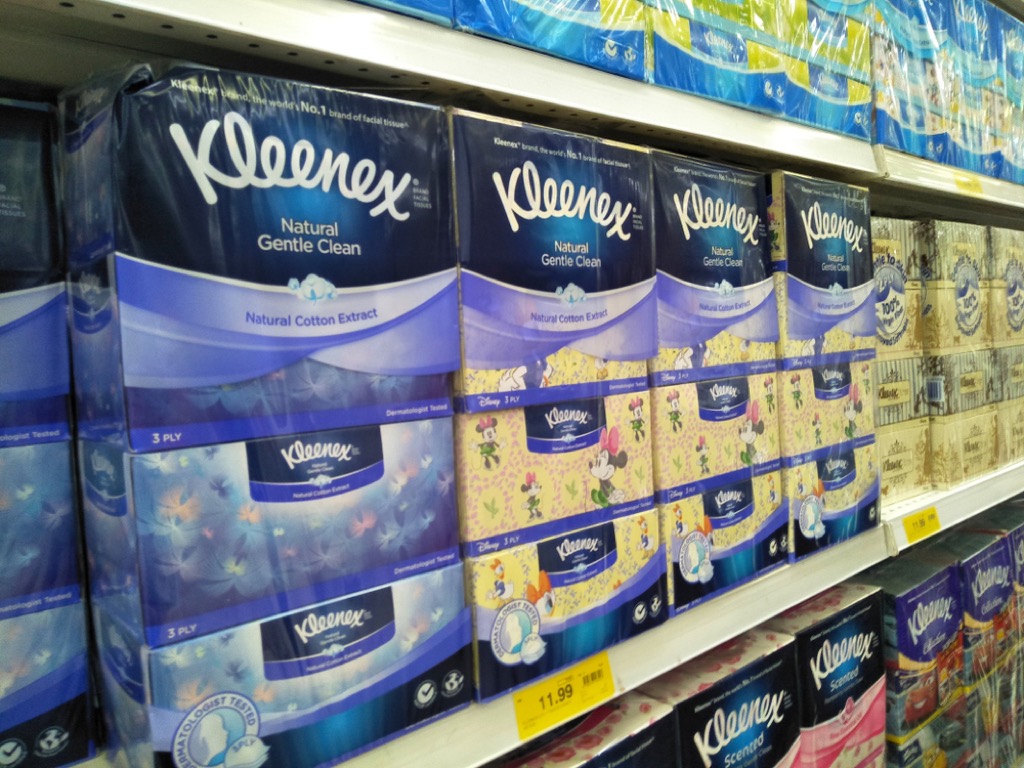
According to their website, Kleenex’s name dates back to the company’s first product, the Kotex feminine napkin. Named after its “cotton texture,” the Kotex name met company requirements for being “short, easy to say, easy to remember, and easy to explain.” When they later produced tissues designed as cream removers, the company employed “Kleen” to explain the product’s cleansing purposes, and adopted the “ex” from Kotex to convey it was the beginning of “a family of products.”
9
Twitter
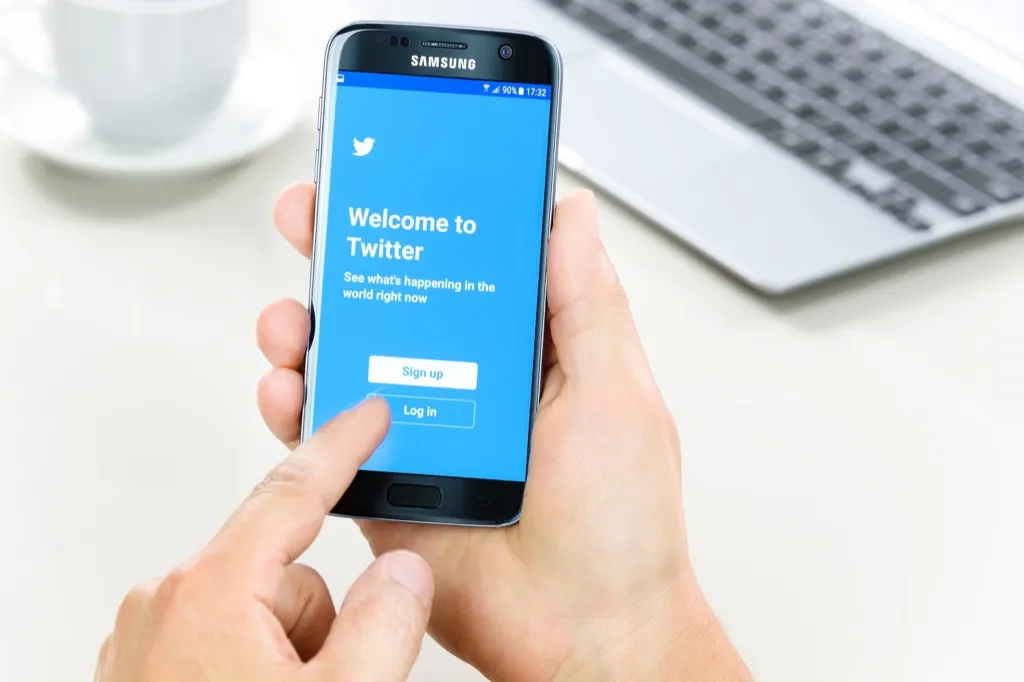
In an interview with the LA Times, Twitter co-founder Jack Dorsey explained that, when naming the social media platform, its founders wanted something that “captured…the physical sensation that you’re buzzing your friend’s pocket.” While “twitch” initially came to mind, the founders felt it didn’t “bring up the right imagery.” Instead, they looked through the dictionary at words around “twitch,” settling in “twitter.” The definition, Dorsey said—”a short burst of inconsequential information”—was “just perfect.”
10
Xerox
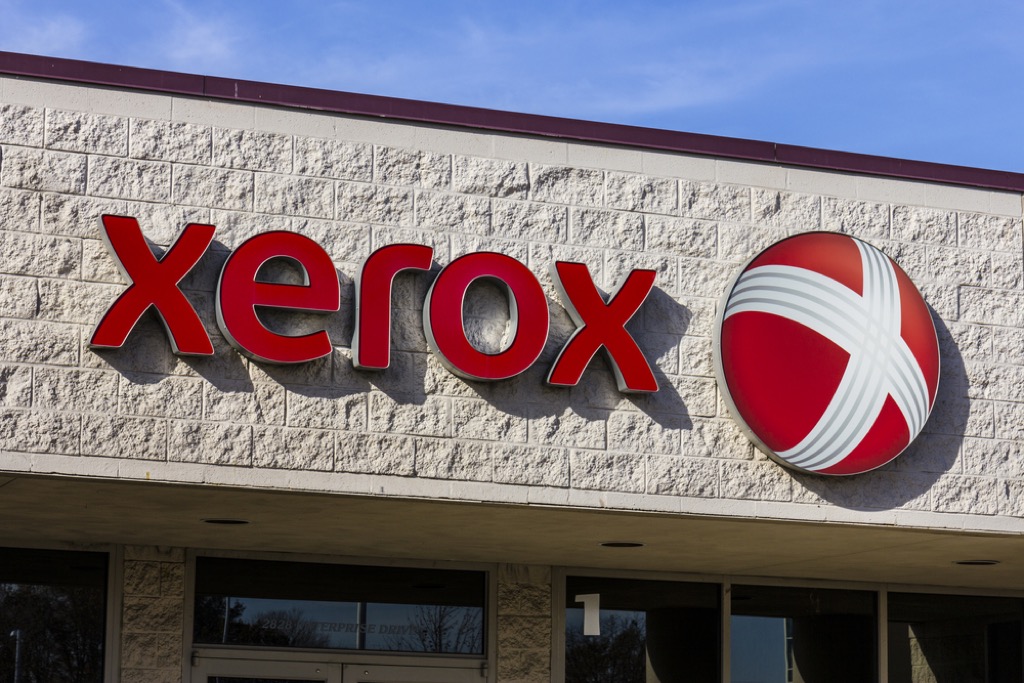
Initially dubbed The Haloid Photographic Company, the firm was the first to utilize a method of copying called xerography. Taking the Greek roots xeros for “dry” and graphia for “writing,” they named their method of copying dry writing because no inks or chemicals were used. After their copy machines became a great success, the company “optimistically” renamed itself Xerox as a nod to its most popular product.
11
Coca-Cola
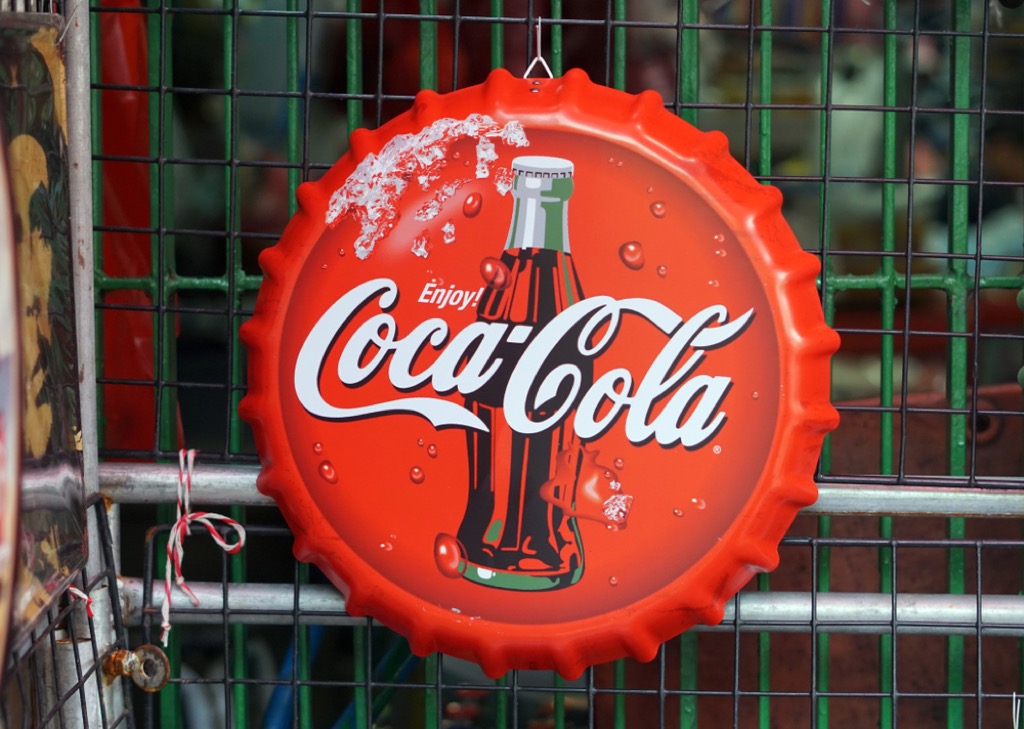
Invented by Dr. John S. Pemberton in 1886, Coca-Cola ostensibly gets the “coca” and “kola” in its name from the one-time use of coca leaves and kola nuts in its formula. The specific formulation, however—along with the elaborate script typeface—come from Pemberton’s bookkeeper, Frank M. Robinson, who suggested “the two C’s would look well in advertising.”
12
Dunkin’ Donuts
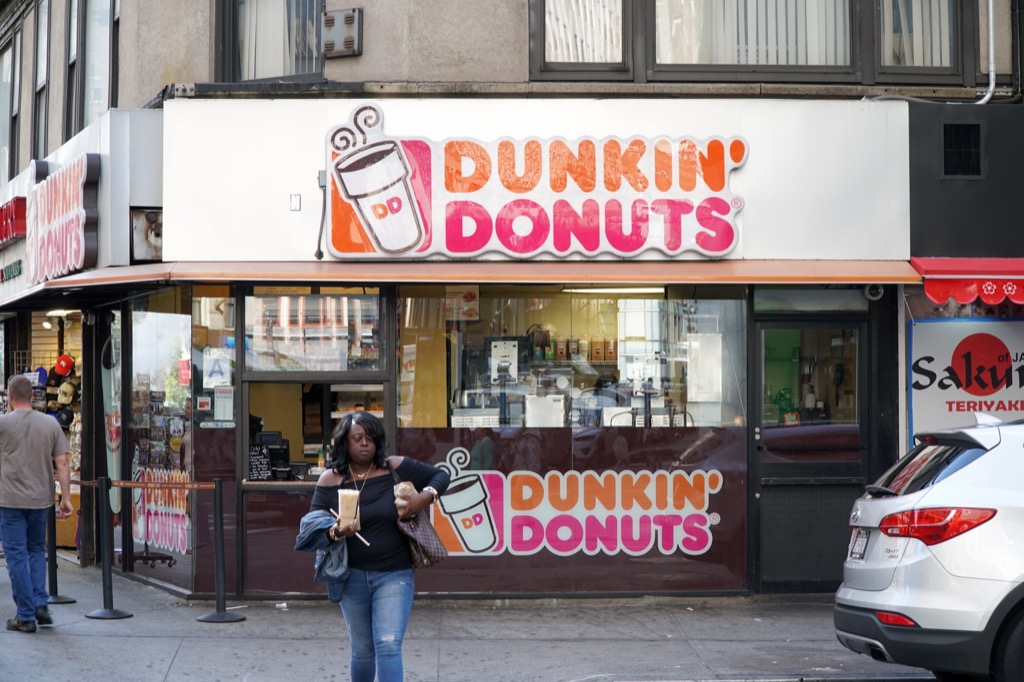
Founded in Quincy, Massachusetts, in 1948, the beloved coffee chain was originally called “Open Kettle.” After a meeting with executives, however, in which founder William Rosenberg reiterated his goal to “make and serve the freshest, most delicious coffee and doughnuts,” the chain was renamed Dunkin’ Donuts after only two years in business. It’s stuck ever since.
13
Lego

Founded in 1932 by Danishman Ole Kirk Kristiansen, Lego is an abbreviation of the Danish words “leg godt,” meaning “play well.” As the company’s site explains, “it’s our name, and it’s our ideal.”
14
Yahoo!
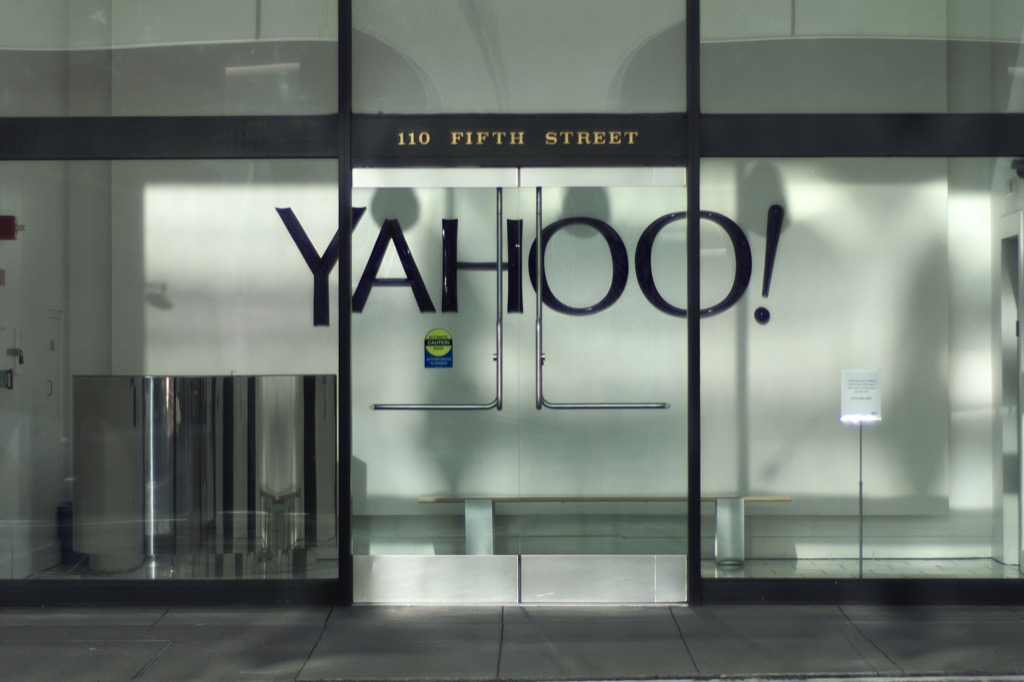
Originally named “Jerry and David’s Guide to the World Wide Web”—after founders Jerry Yang and David Filo—the company was rebranded “Yahoo!” in 1994. While the name has since been termed an acronym for “Yet Another Hierarchical Officious Oracle,” the founders maintain that they chose the name as a nod to the “yahoos” in Jonathan Swift’s Gulliver’s Travels, a race of brutes known to be “rude, unsophisticated, [and] uncouth.”
15
Taco Bell
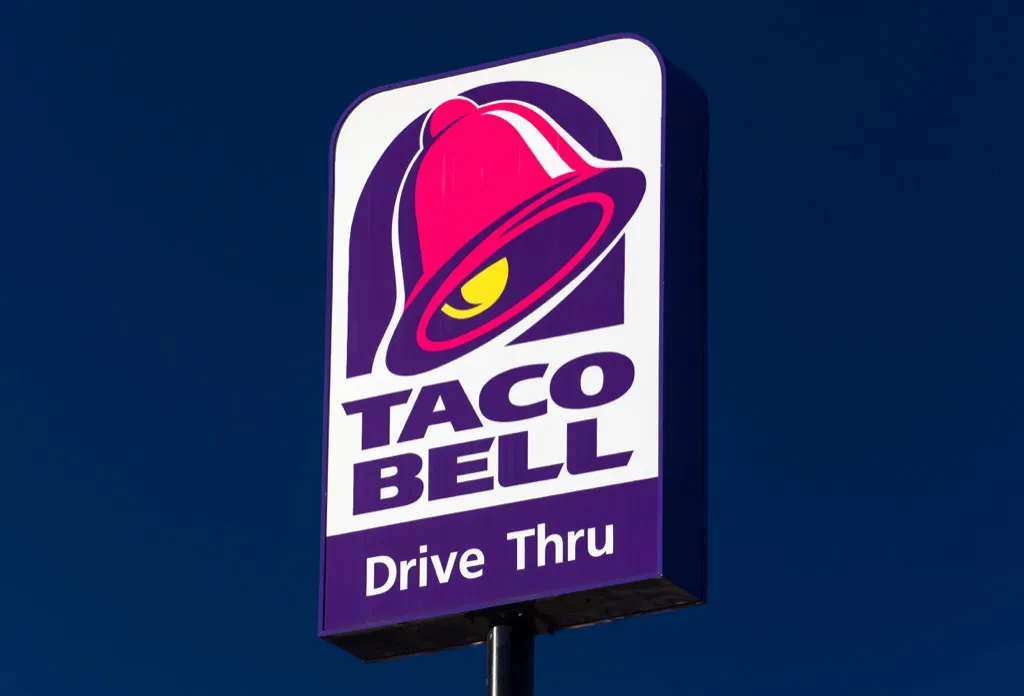
Surprisingly, the name has nothing to do with actual bells. Instead, it’s named after founder and entrepreneur Glen Bell, who opened his first taco stand, Taco Tia, in 1954, eventually opening the first Taco Bell in Downey, California, eight years later.
16
Microsoft
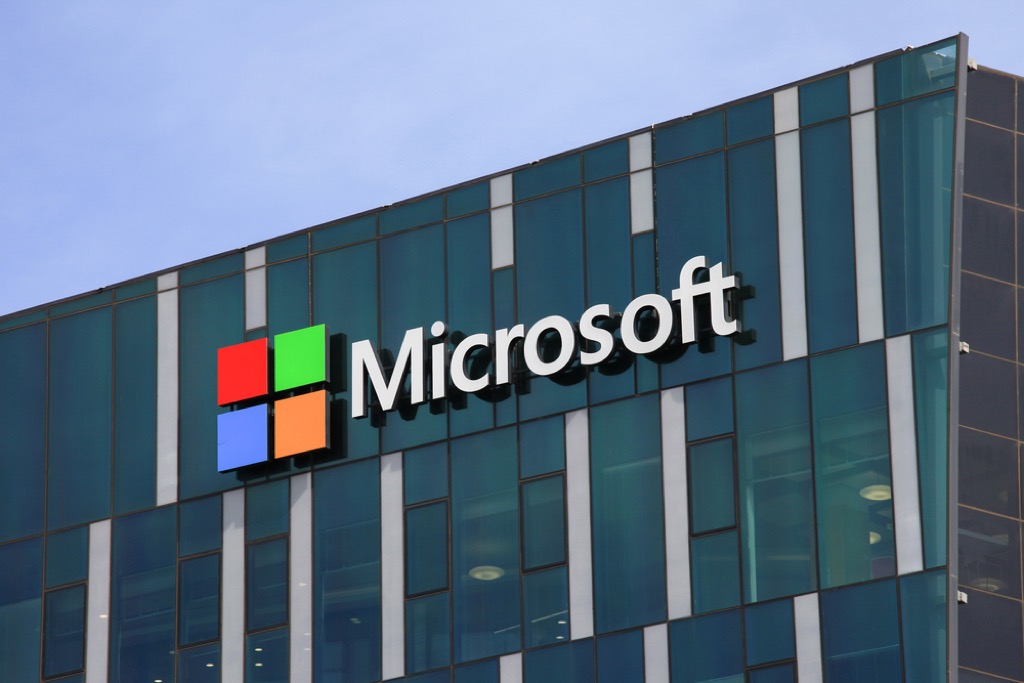
To its founders, Bill Gates and Paul Allen, the name Microsoft was an obvious extension of what their company did: create software for microcomputers. However, they still kept other, zanier, options in mind, such as Outcorporated Inc. and Unlimited Ltd. Ultimately, the decision fell between two options, Microsoft or Allen & Gates, with the founders choosing the former in the hopes it would allow Microsoft to “have an identity beyond its founders,” like IBM.
17
Instagram
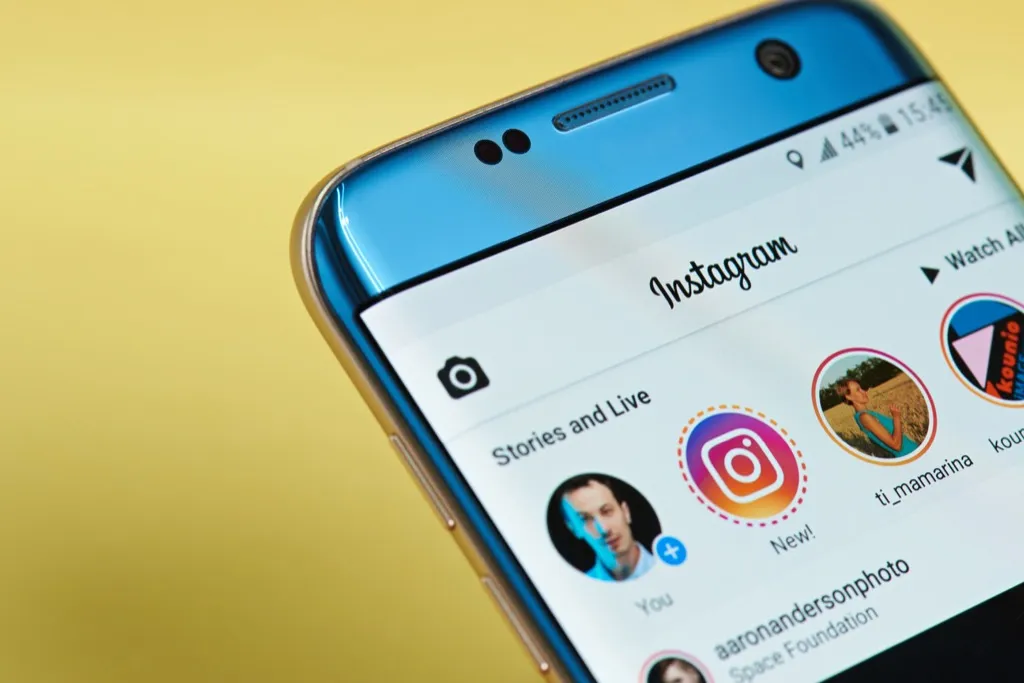
Personally responding on Quora, Instagram co-founder Kevin Systrom explained that the platform’s founders wanted a name which evoked both the “‘right here right now'” as well as the “idea of recording something in your life,” ultimately settling on Instagram as a combination of instant and telegram. Another important consideration, he said, “was whether or not you could tell someone the name and they could spell it easily.”
18
Scotch
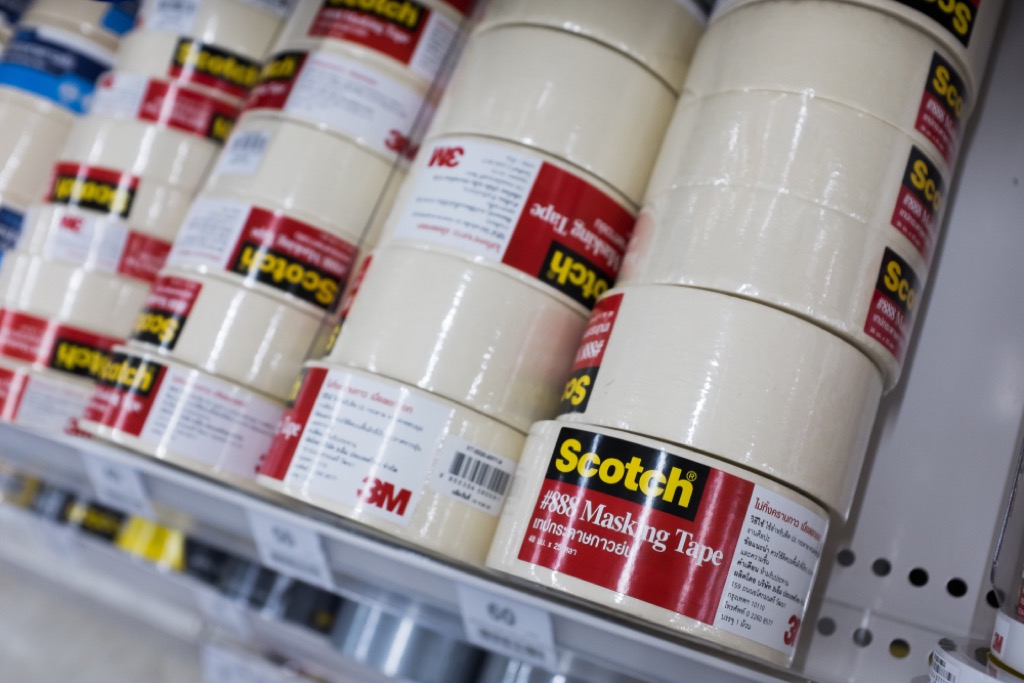
In the 1920s, when Scotch tape was being invented, “Scotch” was a racial pejorative meaning cheap or stingy. When Scotch’s founder, Richard Drew, allowed a few car painters to test out his then-unnamed product, one of them complained of its lack of adhesion, allegedly asking Drew, “Why so Scotch with the adhesive?” After receiving the feedback and applying a stronger adhesive to the product, Drew—apparently with a good sense of humor—named it Scotch tape.
19
The North Face
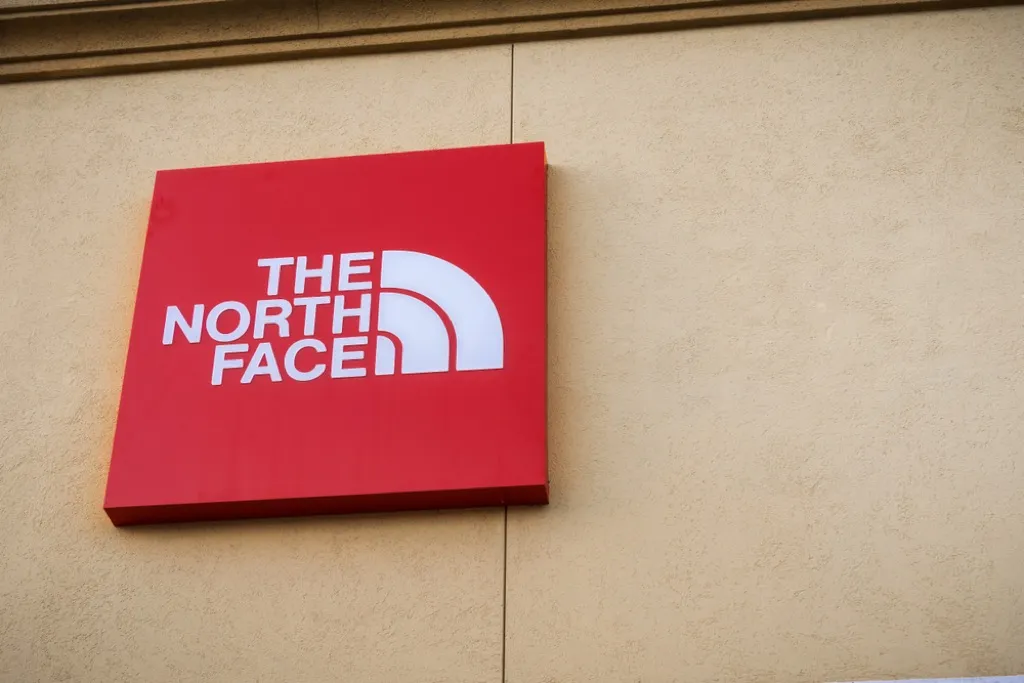
A little basic geography teaches you that in the Northern Hemisphere, the north face of a mountain is generally the coldest and most brutal part to climb. According to the company’s website, North Face’s founders—Douglas Tompkins and his wife Susie Tompkins Buell—”thought this name reflected [the company’s] mission and dedication to the extreme.”
20
McDonald’s
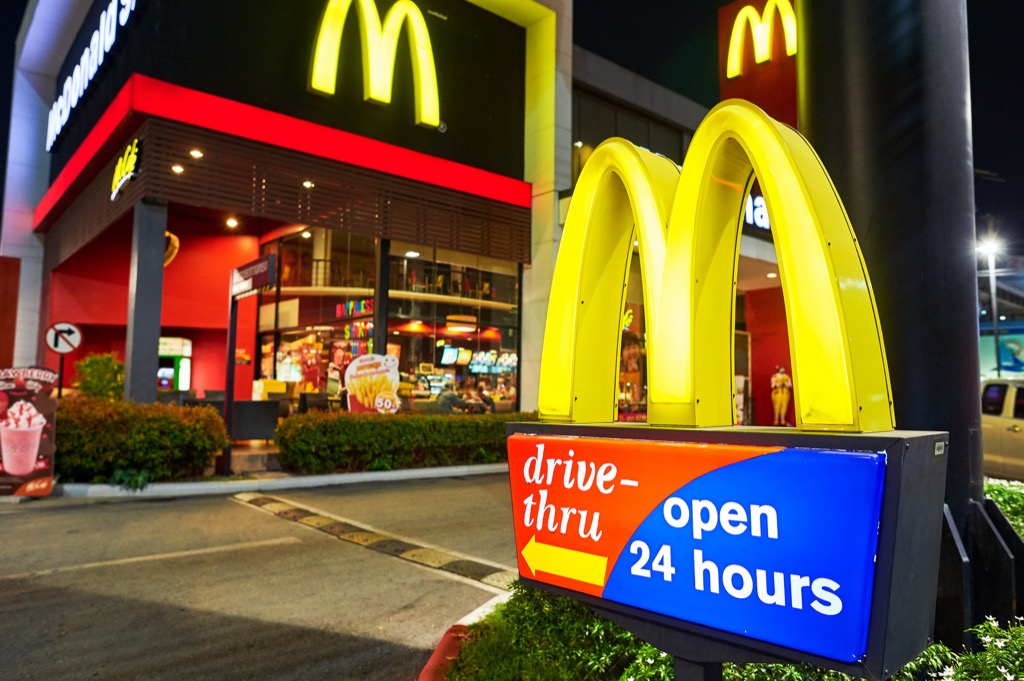
Why is it called McDonald’s when the company’s founder’s name is Ray Kroc? Before building McDonald’s into the empire it is today, the name belonged to a small drive-in in San Bernardino, California, operated by brothers Dick and Mac McDonald. After redesigning the establishment to focus on burgers, fries, and shakes, Kroc took the lead in franchising the company, maintaining its original name in the process.
21
Wendy’s
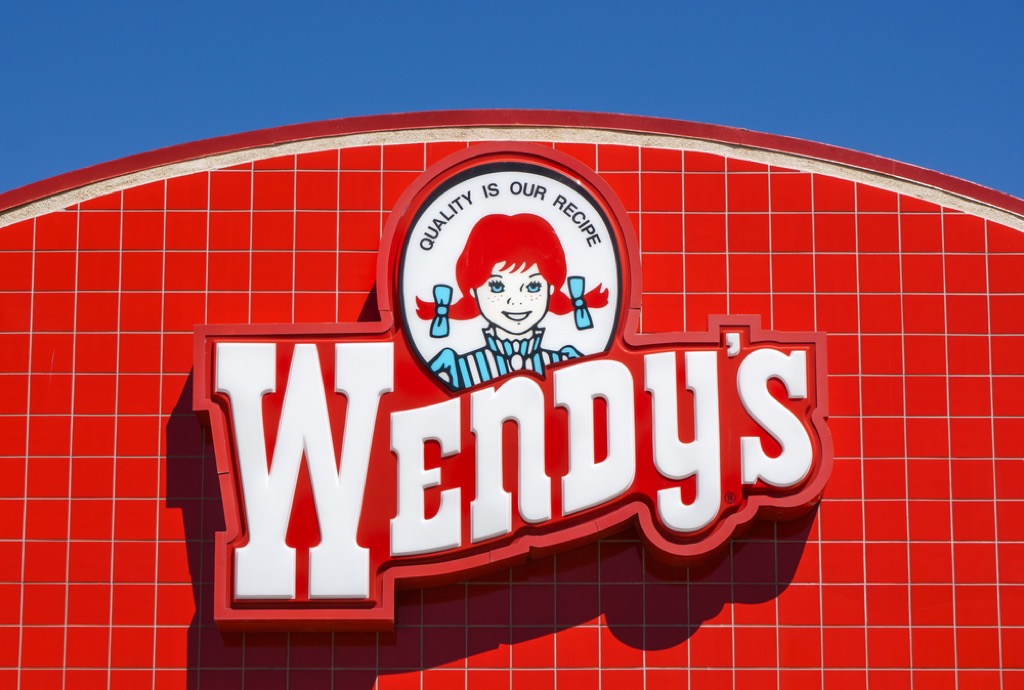
Founding his first hamburger restaurant in Columbus, Ohio, in 1969, Dave Thomas planned on naming it after one of his five children. After cycling through all five names—Melinda, Pam, Lori, Molly, and Kenny—and finding each unsatisfactory, Thomas ultimately decided to name it after his daughter Melinda’s nickname: Wendy. Melinda, aged eight at the time of the company’s inception, had apparently been given the name by relatives due to her inability to say her own name at a young age.
22
Häagen-Dazs
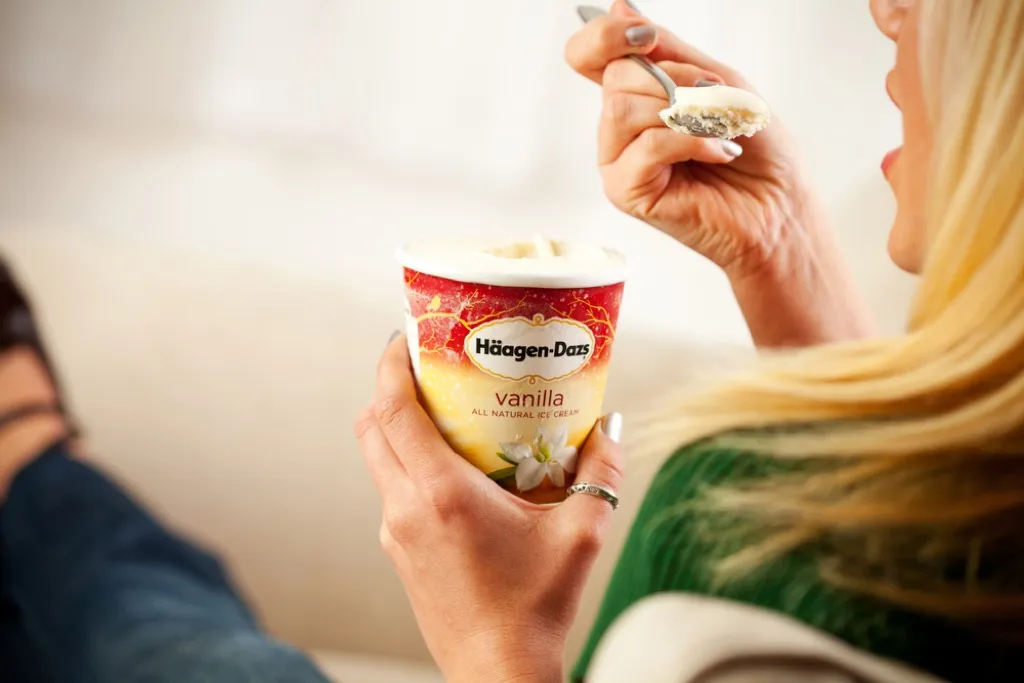
In an interview with Tablet Magazine, Häagen-Dazs co-founder Reuben Mattus said he was inspired by his Jewish heritage, deciding to name the ice cream in honor of Denmark, “the only country which saved the Jews” during WWII. So, Mattus went about putting together “a totally fictitious Danish name” which “would attract attention, especially with the umlaut.” Ironically, as the New York Times pointed out in their obituary of Mattus’ wife and Häagen-Dazs co-founder Rose Mattus, the Danish language has no umlaut.
23
The Gap
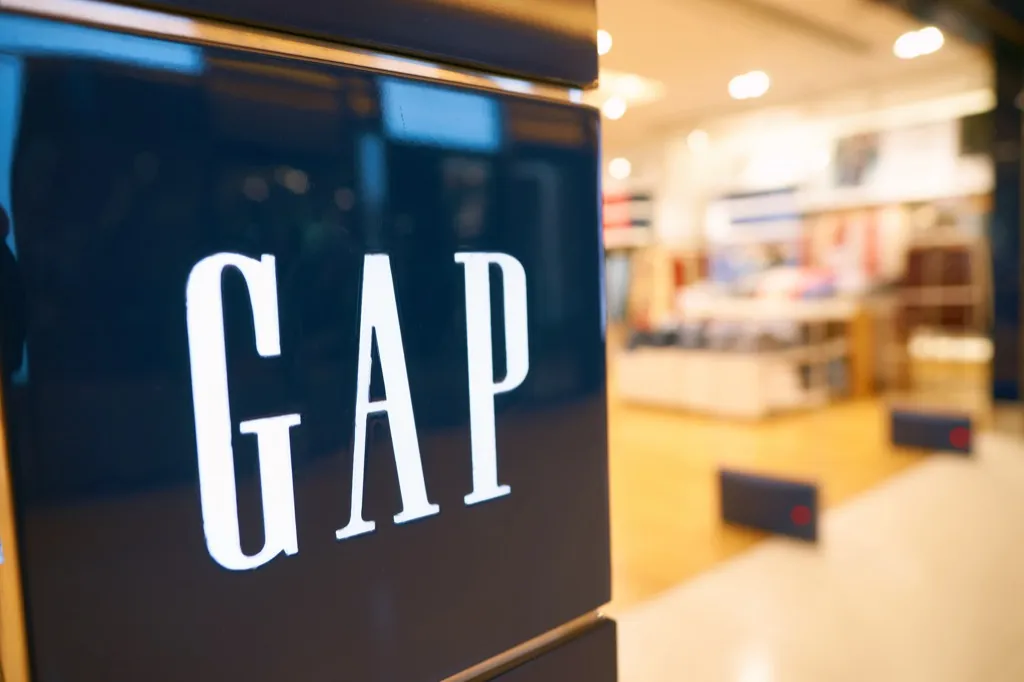
When The Gap was founded in 1969 by Donald and Doris Fisher, it focused on targeting younger consumers hungry for new products. To that end, it was one of the first stores to sell everything made by Levi Strauss & Co. Its name was meant to reflect this unique consumer base by referencing the “generation gap” between it and its more staid competitors.
24
Kodak
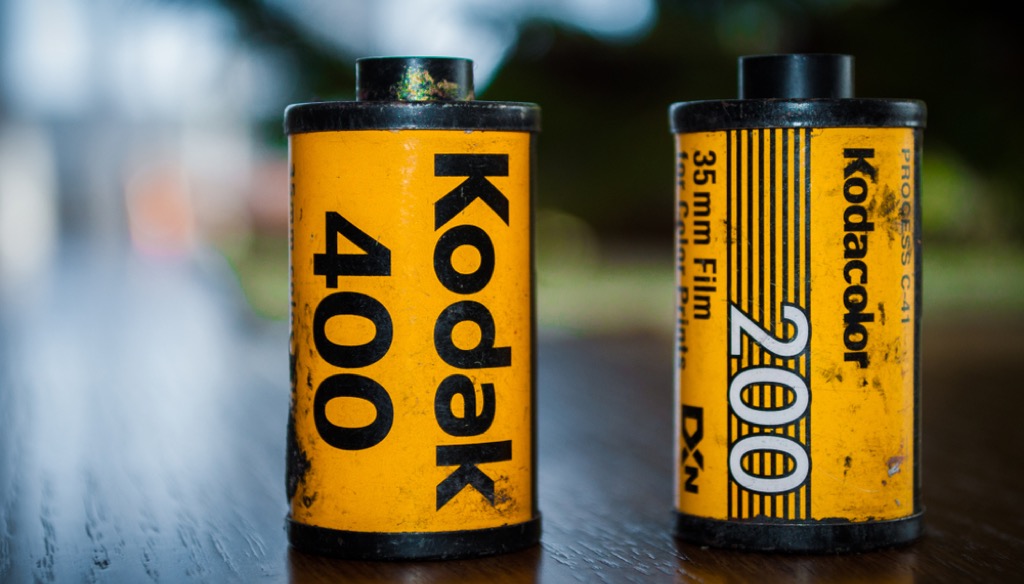
In contrast to the brainstorming sessions many other companies go about to decide on a name, Kodak was the result of one man’s fancy. Its inventor, George Eastman, explained that the title was solely his doing: “The letter ‘K’ had been a favorite of mine,” he said, and so he tried out “a great number coordinations of letters that made words starting and ending with ‘K.'” Kodak, he concluded “is the result.”
25
Verizon
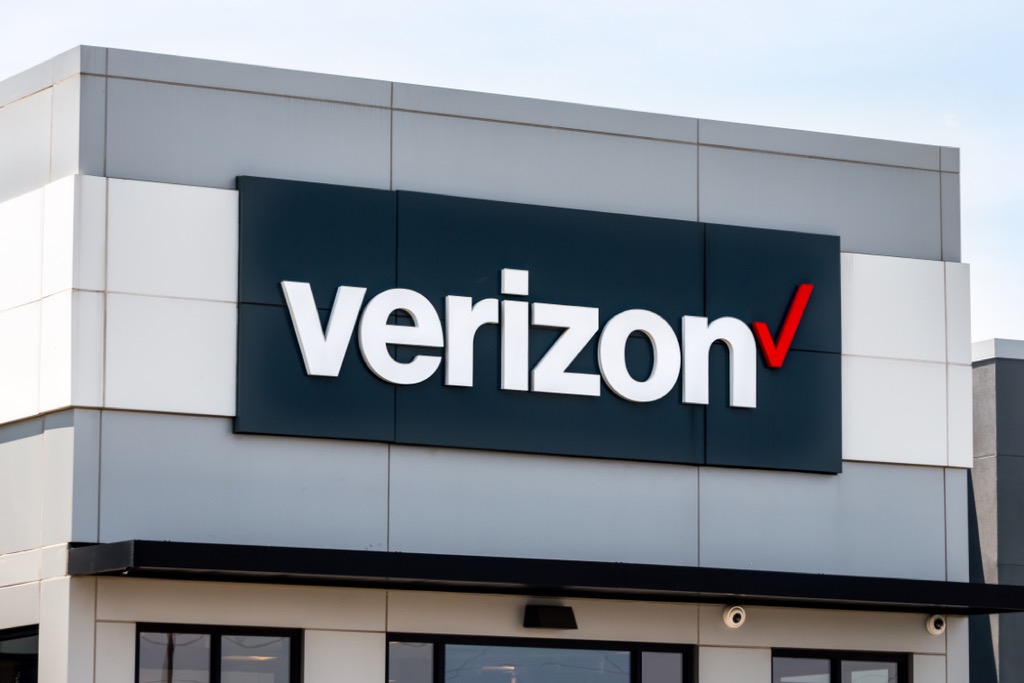
After acquiring the telecommunications company GTE in 2000, Bell Atlantic renamed itself Verizon, a combination of the Latin veritas, for truth, and “horizon.” According to the company, this is in reference to their “veritas values” of integrity and respect, and their “horizon values” of imagination and passion.
26
Visa
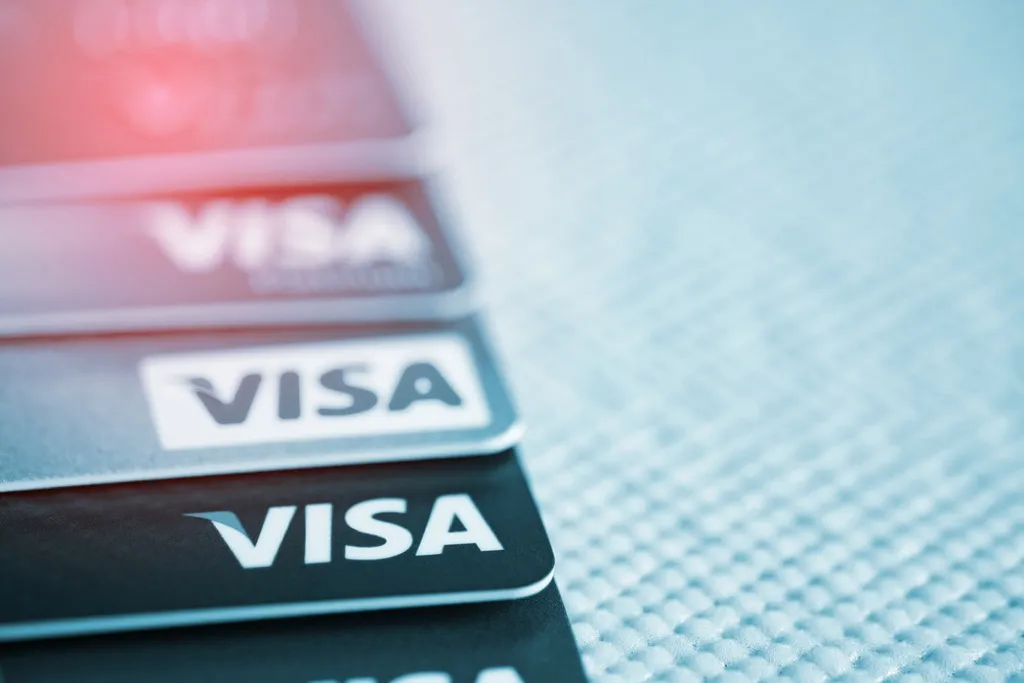
Previously known as National BankAmericard, founder Dee Hock conceived of the name Visa to denote the card’s universal acceptance. Not only is the name intended to remind customers of a travel visa, thus hinting at foreign access, but it is also, according to Visa’s website, “a simple, memorable name that is pronounced the same in every language.”
27
IKEA
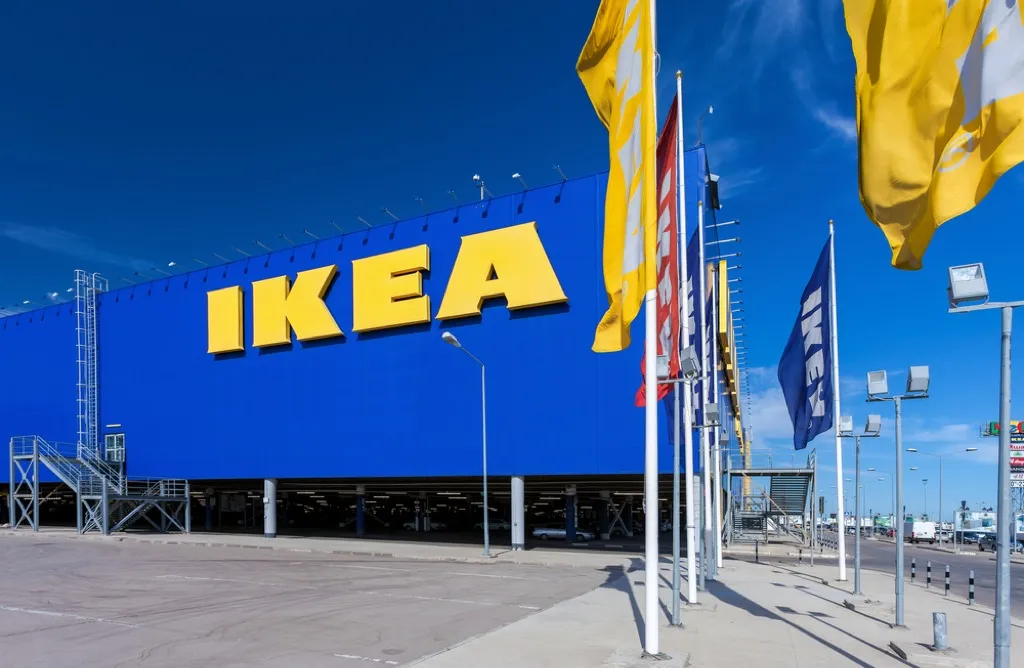
Founded in 1943 by Ingvar Kamprad, IKEA is actually an acronym. The “I” and “K” stand for the founder’s initials, while the “E” and the “A” refer to the farm he grew up in, Elmytard, and the small nearby village of Agunnaryd.
28
Skype
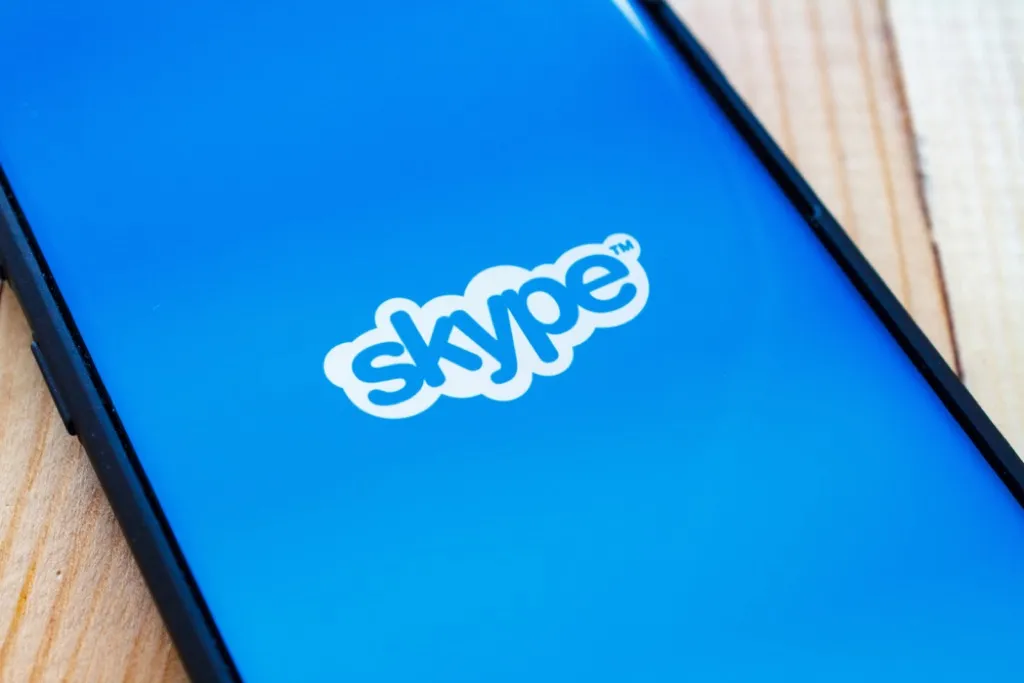
According to co-founder Janus Friis, the service was initially going to be named “Sky peer-to-peer,” in reference to its peer-to-peer method of communication and the fact that it was wireless. Eventually, this got whittled down to “Skyper,” until company discovered that the accompanying domain name was already taken. Dropping the “r,” co-founder Niklas Zennström discovered an open domain and registered it. While initially, “the name didn’t make sense to many people,” according to Friis, it now “seems to kind of work.”
29
Jeep
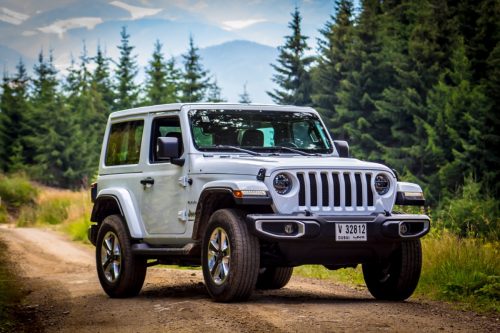
When Ford was commissioned to produce a vehicle for the American military in the lead-up to WWII, it identified the resulting automobile, the Ford Pygmy, by a two-letter code: GP. After visiting an Army base in Louisiana to test the vehicles, one American journalist, Jo Chamberlin, wrote that the vehicle had acquired “a dozen pet names such as jeep, peep, blitz-buggy, leaping Lena, and panzer-killer,” among others. Given the options available, it’s no surprise which name stuck.
30
Gatorade
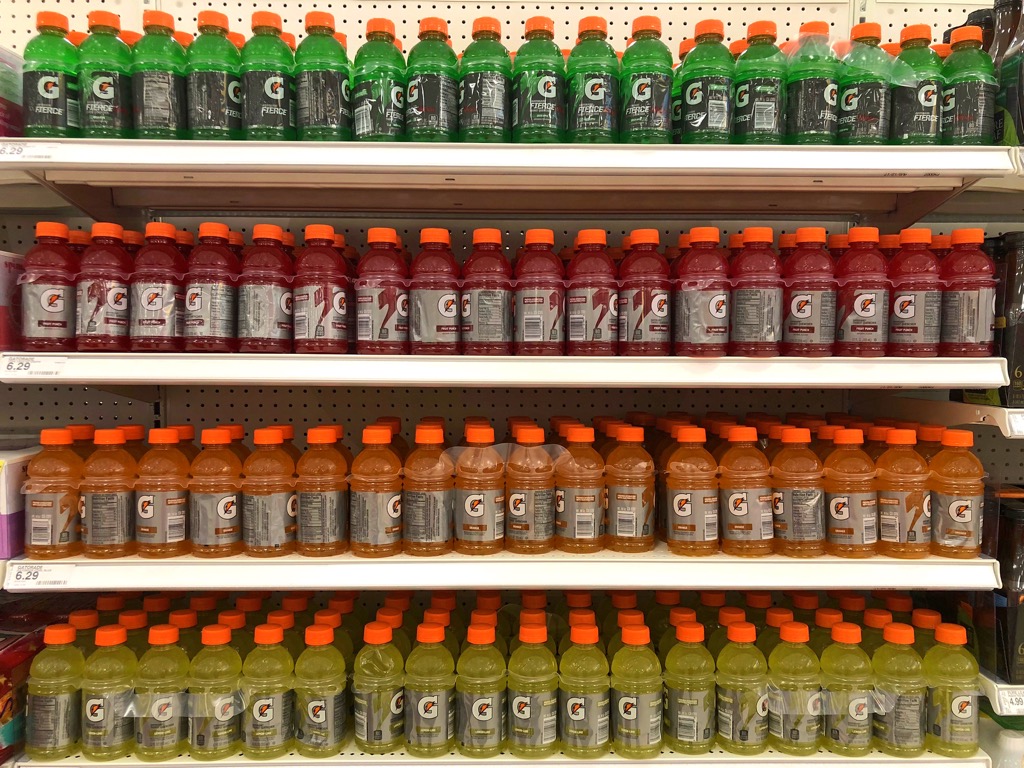
In the summer of 1965, a coach for the University of Florida’s football program asked a group of university physicians to find out why so many of their players were suffering from heat-related illnesses. The researchers, coming to the conclusion that it was due to the player’s failure to replenish electrolytes lost during workouts, concocted a liquid they hoped would adequately compensate for what the players had sweated out. Given the university’s mascot—the gator—they decided to name the resulting liquid “Gatorade.”